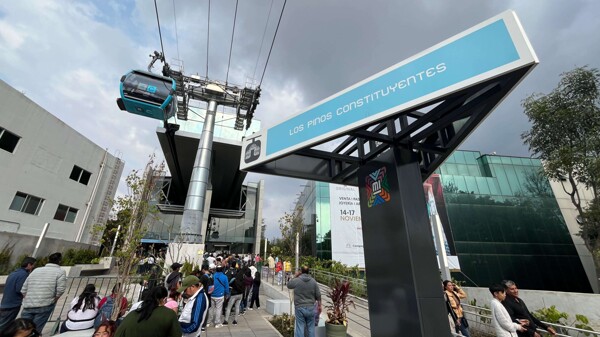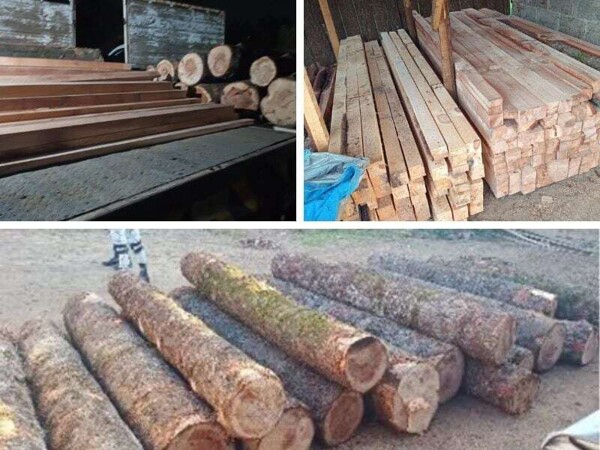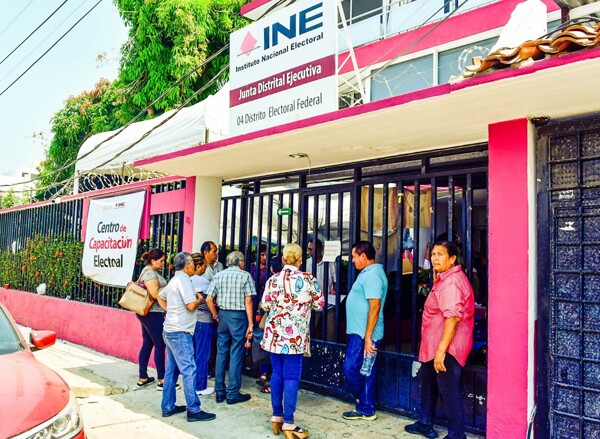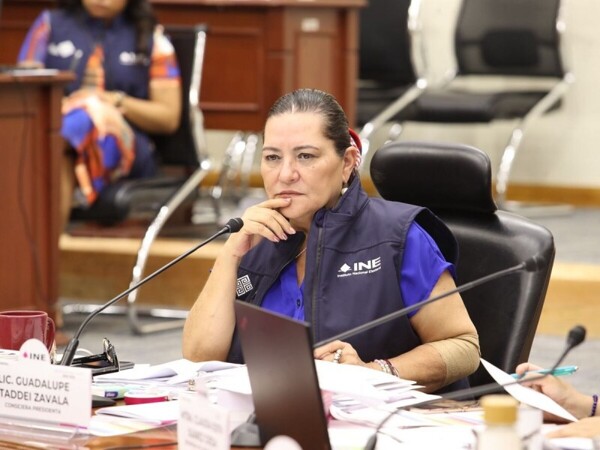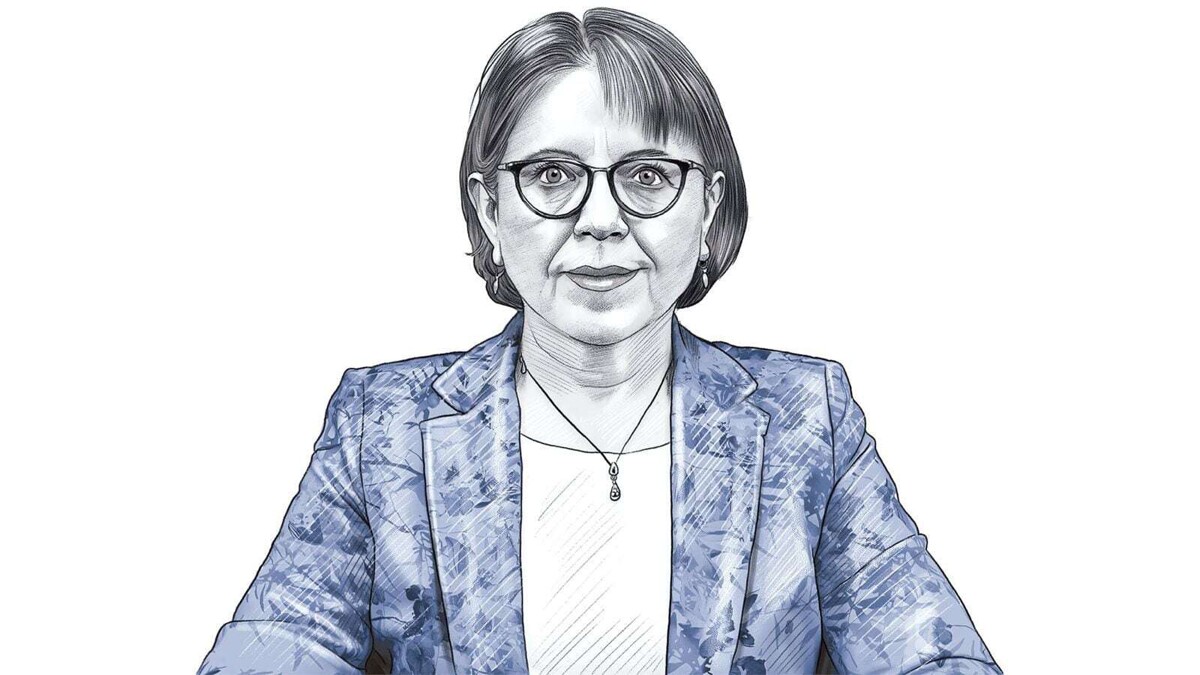
In Mexico, by September 2024, 6.8 million tons of cut and value-added meat were produced, with a projected growth of 3.2 percent in consumption this year compared to 2023. The adoption of technological advancements in meat production is highlighted by its economic viability and positive impact on the sustainability of the Mexican food sector.
In this context, technology was implemented in the plants of Guerrero and San Miguel Xoxtla, Puebla, preventing the emission of more than 280,000 tons of CO2 annually, equivalent to the emissions of 62,000 vehicles. This advancement is part of the company's decarbonization strategy, aligned with global objectives to combat climate change.
The Mexican Association of Meat Science and Technology (Amexitec), led by Edith Ponce, is organizing the Amexitec 2024 forum on October 23 and 24, where the importance of scientific and technological advancements in meat production will be discussed. The relevance of technology is evident as digital sales accounted for 32.5 percent of total income according to the latest quarterly report.
Ternium Mexico under the direction of Máximo Vedoya received the Concamin Mexico 4.0 Award for its Intelligent and Sustainable Technological Solutions at the Annual Industrialists Meeting. The country faces the challenge of making protein production more efficient, ranking sixth globally in both meat consumption and production.
In other news, SHEIN and Stori have joined forces to launch the SHEINxStori credit card, backed by Mastercard, aimed at promoting financial inclusion in Mexico and improving access to credit. This collaboration seeks not only to provide an option for consumers without access to traditional credit products but also to encourage responsible credit use and improve users' credit history.
Alsea, a restaurant operator, announced an investment of 4,239 million pesos between January and September 2024 for the expansion and improvement of its operations in Mexico. A significant part of this investment was allocated to the opening of new units and renovation of establishments with the goal of improving the sustainability and efficiency of its operations, reducing negative environmental impacts such as CO2 emissions.











